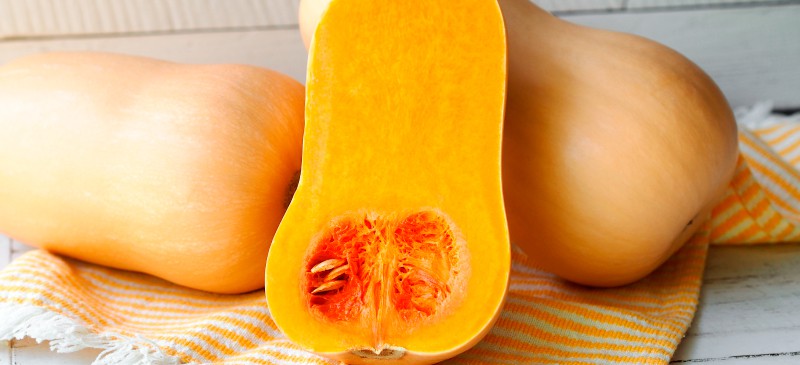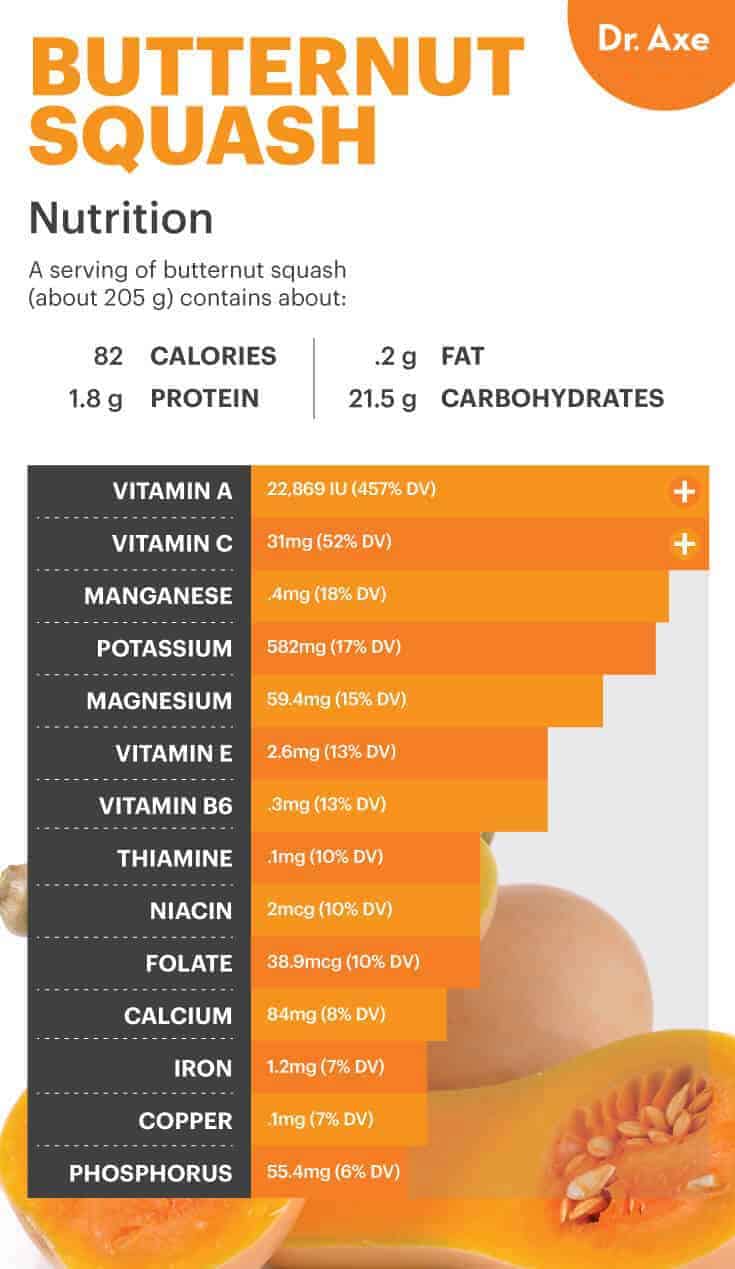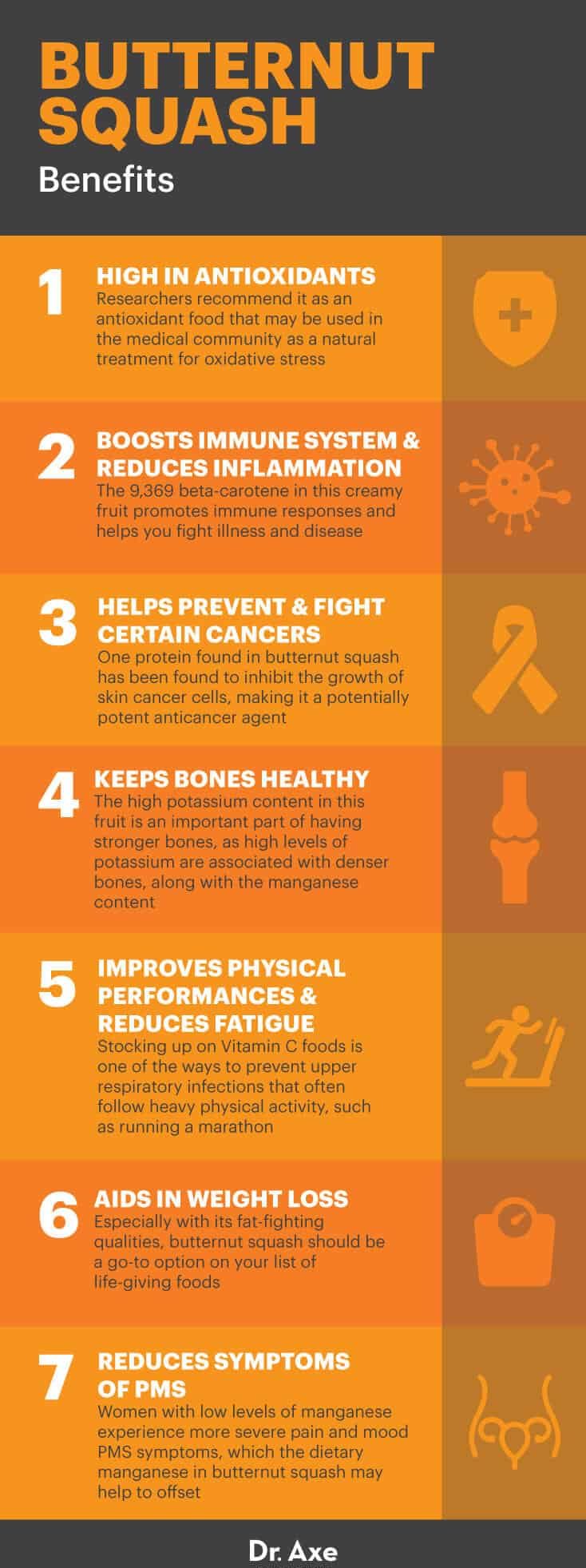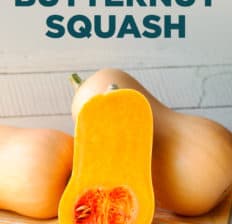This Dr. Axe content is medically reviewed or fact checked to ensure factually accurate information.
With strict editorial sourcing guidelines, we only link to academic research institutions, reputable media sites and, when research is available, medically peer-reviewed studies. Note that the numbers in parentheses (1, 2, etc.) are clickable links to these studies.
The information in our articles is NOT intended to replace a one-on-one relationship with a qualified health care professional and is not intended as medical advice.
This article is based on scientific evidence, written by experts and fact checked by our trained editorial staff. Note that the numbers in parentheses (1, 2, etc.) are clickable links to medically peer-reviewed studies.
Our team includes licensed nutritionists and dietitians, certified health education specialists, as well as certified strength and conditioning specialists, personal trainers and corrective exercise specialists. Our team aims to be not only thorough with its research, but also objective and unbiased.
The information in our articles is NOT intended to replace a one-on-one relationship with a qualified health care professional and is not intended as medical advice.
Butternut Squash Nutrition Benefits Bones, Immunity and Energy
November 10, 2021

Sometimes, the best foods are underrated, but that really shouldn’t be the case when it comes to butternut squash. This creamy food hasn’t been around long, but it has quickly become an incredibly common (rightfully so!) part of many healthy diet routines thanks to all the wonderful things butternut squash nutrition provides.
Butternut squash is part of the Cucurbita family of fruits, specifically known as one of the six varieties of Cucurbita moschata. In parts of the world like New Zealand and Australia, the squash is more commonly referred to as butternut pumpkin or gramma.
All of the fruits in the Cucurbita family tend to be high in essential nutrients, and butternut squash nutrition is no different than its sisters, such as spaghetti squash and various gourd varieties. Although it is botanically a fruit, it functions in food preparation more like a vegetable.
Why should you add it to your diet? This winter squash has enough vitamin A in just one serving to cover your entire daily recommended dose, and butternut squash nutrition can help you lose weight, reduce inflammation and even avoid catching a cold.
All of these reasons (and many more) are great reasons to incorporate butternut squash into your diet — and lest we forget, it also tastes great. Try out some of my favorite butternut squash recipes to get some of the amazing benefits of butternut squash nutrition.
Butternut Squash Nutrition Facts
The incredible nutritional value of butternut squash is difficult to overstate, and butternut squash calories are very low considering how filling it can be. With over four times the recommended daily value of vitamin A in just one serving, it’s considered one of the top vitamin A foods.
In addition, it offers over half the recommended intake of vitamin C, an impressive list of other vitamins and minerals, and loads of dietary fiber. This orange squash is a highly recommended ingredient for making soup, roasted butternut squash, stews and more nutritious recipes.
One cup of cubed, baked butternut squash (about 205 grams) contains approximately:
- 82 calories
- 21.5 grams carbohydrates
- 1.8 grams protein
- 0.2 gram fat
- 6.7 grams fiber
- 22,869 international units vitamin A (457 percent DV)
- 31 milligrams vitamin C (52 percent DV)
- 0.4 milligram manganese (18 percent DV)
- 582 milligrams potassium (17 percent DV)
- 59.4 milligrams magnesium (15 percent DV)
- 2.6 milligrams vitamin E (13 percent DV)
- 0.3 milligram vitamin B6 (13 percent DV)
- 0.1 milligram thiamine (10 percent DV)
- 2 milligrams niacin (10 percent DV)
- 38.9 micrograms folate (10 percent DV)
- 84 milligrams calcium (8 percent DV)
- 1.2 milligrams iron (7 percent DV)
- 0.7 milligram pantothenic acid (7 percent DV)
- 0.1 milligram copper (7 percent DV)
- 55.4 milligrams phosphorus (6 percent DV)

Benefits
1. High in Antioxidants
Although butternut squash has been around just over half a century, one of the most well-known benefits of butternut squash nutrition is its high antioxidant load. Researchers even recommend it as a high-antioxidant food that may be used in the medical community as a natural treatment for oxidative stress.
Antioxidants fall into various categories, and some found in butternut squash nutrition include three different carotenoids. These nutrients are fat-soluble antioxidants, meaning they’re most efficiently absorbed into the body when accompanied by fat sources, such as avocado or olive oil.
Butternut squash is rich in vitamin A, a good source of the incredible antioxidants beta-carotene, alpha-carotene and beta-cryptoxanthin, which are linked to a reduction in inflammation and prevention of specific cancers.
One reason it’s important to get the recommended amount of vitamin A (and more) from your food, rather than supplements, is that vitamin A can be toxic when consumed in supplements in too high a quantity. However, dietary vitamin A isn’t toxic because your body absorbs and uses only what it needs, and research shows that maintaining healthy amounts is critical for immune health, healthy vision, cell development and more.
Another beneficial antioxidant-related nutrient in butternut squash is manganese, which aids in the enzyme reactions of various antioxidants.
2. Boosts Immune System and Reduces Inflammation
Aren’t you glad butternut squash contains so much beta-carotene? You should be.
Research suggests that the beta-carotene in this creamy fruit promotes immune responses and helps fight illness and disease.
Vitamin A is also responsible for the immune-boosting power of butternut squash nutrition. While it has the ability to fight scary diseases like cancer and autoimmune disorders, it can also help prevent the common cold and other infections.
Part of how it protects against such a large number of infections and diseases is because vitamin A reduces inflammation, which is at the root of most diseases.
In fact, inflammation is generally caused by an overactive immune system that attacks more than it should. Keep your immune system in balance and reduce inflammation by eating foods high in vitamin A.
The vital nutrients don’t stop there. Butternut squash also contains high amounts of vitamin C, another common immune system booster that not only helps prevent and treat colds, but has also been found to lessen or inhibit the development of more serious conditions from common infections, such as pneumonia and lung infections.
3. Helps Prevent and Fight Certain Cancers
Most superfoods are also cancer-fighting foods or have cancer prevention qualities, and butternut squash is no exception. That’s because the best way to reduce your risk of cancer is to fuel your body with nutrients that keep it healthy and able to fight infection and disease.
One protein found in butternut squash has been found to inhibit the growth of melanoma (skin cancer) cells, making it a potentially potent anticancer agent. This has been explored in lab and animal studies.
Additionally, research indicates that vitamin C may play a therapeutic role in cancer treatment or prevention.
4. Keeps Bones Healthy
Butternut squash can also help you maintain strong, healthy bones. Research has established that maintaining healthy potassium levels is an important part of having stronger bones, as high levels of potassium are associated with denser bones, even in postmenopausal women and older men, both of whom often have more brittle bones and are at a higher risk of osteoporosis.
The manganese in butternut squash is also beneficial for bone health and prevention of osteoporosis, especially in women who have undergone menopause. Manganese is proven to be a critical nutrient for bone growth and maintaining a healthy skeletal system.

5. Improves Physical Performance and Reduces Fatigue
Do you experience regular fatigue? Would you like to operate at peak physical performance? If your answer to either of these is “yes,” butternut squash nutrition may be a partial answer to your desires.
Researchers in Taiwan found that Cucurbita moschata was effective in a mice model in decreasing fatigue and increasing the exercise performance of the mice in the study.
Vitamin C is also helpful in physical performance, as it increases the oxygen your body absorbs from the air you breathe when eaten/taken in conjunction with physical exertion. Stocking up on vitamin C foods is one of the ways to prevent upper respiratory infections that often follow heavy physical activity, such as running a marathon.
6. Aids in Weight Loss
To reach and maintain a healthy weight, your diet should be full of foods that are stocked with nutrients without overwhelming your body with calories — like butternut squash. One serving contains just 82 calories, making it a welcome addition to many meals that won’t make you feel guilty later.
However, the low calories in butternut squash are only the beginning. One 2012 study, following up on initial research, found that an extract from Cucurbita moschata has very effective anti-obesity qualities.
It impacts a variety of cellular processes, including the formation of fat known as lipogenesis. Essentially, this extract stops the body from producing new fat to store.
There is also a small body of preliminary research that suggests manganese intake can help reduce the weight of obese or overweight individuals, especially when consumed along with potassium (also found in butternut squash) and other supportive nutrients.
Scheduling a menu and consuming good foods in place of processed, unhealthy ones are two of the ways you can lose weight fast (and naturally). Especially with its fat-fighting qualities, butternut squash should be a go-to option on your list of life-giving foods.
7. Reduces Symptoms of PMS
Did you know that most of the foods women typically consume during and before their periods actually make PMS symptoms worse? This is especially true for things that contain sugar, alcohol and caffeine.
However, there are some great options that you can add to your diet to reduce symptoms of PMS without drugs like Midol, which may effectively relieve symptoms but also contain the possibility of dangerous and severe side effects in some people. One such natural PMS treatment is butternut squash.
For example, a study published in the American Journal Obstetrics and Gynecology found that women with low levels of manganese experience more severe pain and mood PMS symptoms, which the dietary manganese in butternut squash may help offset. The potassium in butternut squash nutrition also helps prevent and alleviate muscle cramps (not limited only to PMS).
Other PMS-fighting nutrients found in butternut squash include vitamins K and E.
Related: Kabocha Squash Nutrition Benefits Digestion, Blood Sugar & More
How to Add to Diet
Typically, butternut squash is available fresh in the U.S. during September and October, but it’s available year-round most of the time as an imported fruit.
When selecting, look for a solid beige color skin without bruising or damage marks. Brown spots or large nicks along the surface may allow bacteria to enter the squash, so avoid options that look damaged in some way.
You can keep it in your kitchen outside of the refrigerator, but be sure to place it in an area without direct sunlight, as sunlight speeds up the process of degradation.
Butternut squash is most often roasted, but you can prepare it in a variety of ways. Generally, it’s cut into cubes before cooking. Preparing the winter squash in this way isn’t very difficult but does involve a few steps.
- First, cut the top and bottom from the squash.
- Then cut the thinner “neck” from the fatter bulb area.
- Use a sharp peeler or paring knife to remove the thick skin.
- Out of the bulb, you want to remove the seeds (which can also be roasted, much like pumpkin seeds).
- Then slice the squash into cubes, usually about an inch to an inch and a half in length.
Interested in some unique ways to cook your squash? Roasted butternut squash isn’t the only option.
Some recipes call for squash to be steam-baked, boiled, microwaved or baked. Butternut squash soup is another favorite, which can be made in several varieties and enhanced with herbs like sage and nutmeg.
The taste of squash is sweet and buttery, somewhat similar to pumpkin.
Here are some butternut squash recipes to get you started:
- Butternut Squash Soup
- Butternut Squash Ravioli With Browned Butter Sauce
- Butternut Squash Bake Recipe
- Candied Pecan Butternut Squash Salad Recipe
Related: Yellow Squash Nutrition Facts (Plus Benefits of This Summer Vegetable)
Risks and Side Effects
As with any food product, butternut squash is known to occasionally cause an allergic reaction. The reactions are generally minimal and limited to contact dermatitis or mild swelling around the hands or mouth.
One common reaction (although not an allergic one) that people experience when peeling raw butternut squash is a drying and peeling of the skin of the hands. This is not actually dermatitis or any other allergy — rather the squash’s natural defense mechanism at work. Before it ripens, the internal sap of the butternut squash repairs external damage done to it, such as a bite from an animal or other physical puncture.
If you peel butternut squash before it’s fully ripe and experience this, you need to thoroughly wash your hands and use an extra-strength moisturizing lotion. Most likely, a thin layer of skin will peel from the affected portions of your hands, leaving pink, fresh skin behind.
To avoid drying your hands out, you should only prepare fully ripened squash. If you aren’t sure if your butternut squash has ripened fully, consider wearing a pair of gloves while peeling and prepping your squash for cooking.
Related: What Is Hubbard Squash? Nutrition, Benefits, Recipes & More
Conclusion
- Butternut squash is part of the Cucurbita family, which also includes spaghetti squash and different types of winter squash.
- Butternut squash nutrition includes many vitamins and minerals that are vital to maintaining premium health, dietary fiber, and antioxidants, and it only contains 82 calories per serving.
- The massive load of antioxidants, anti-cancer and anti-inflammatory nutrients in butternut squash make it effective in preventing and treating a large variety of health conditions, from the common cold to potentially certain cancers. There are fat-fighting qualities of butternut squash that make it great for weight loss efforts too.
- There are many ways to prepare and cook butternut squash. Although it’s generally cubed and roasted, it’s also excellent in soup, cooked with root vegetables and added to winter salad recipes. Butternut squash soup is a fan favorite, but adding this lovely orange squash to your favorite veggie dish works too.













